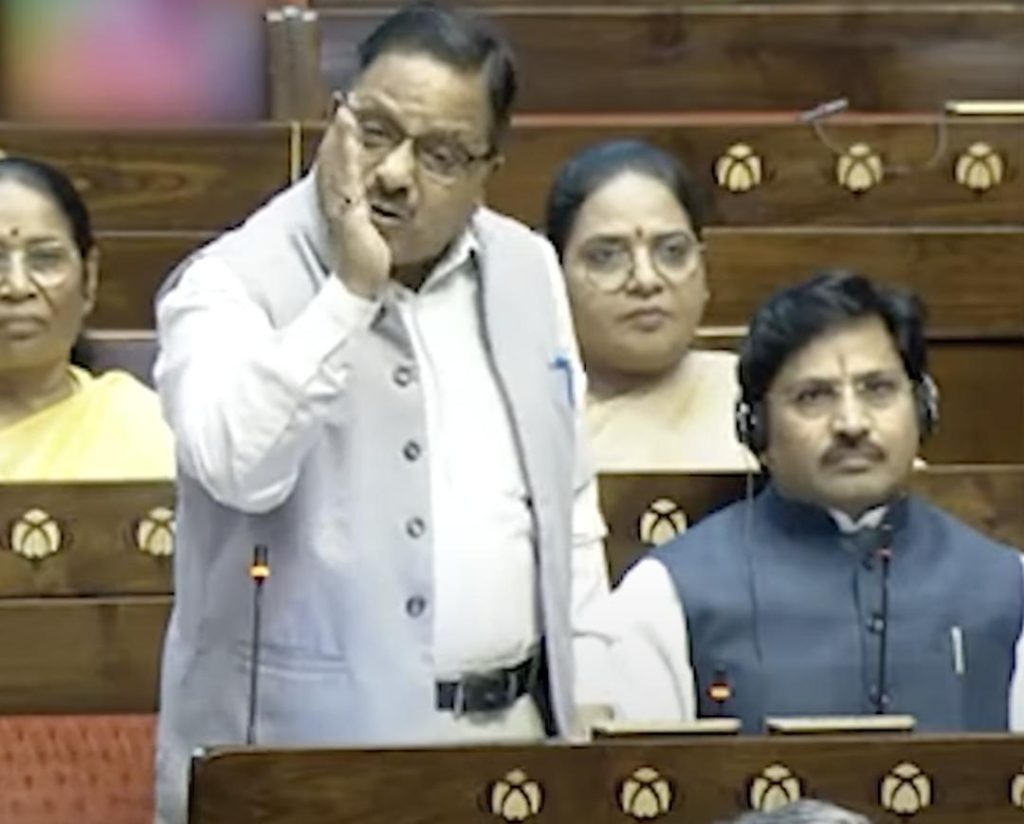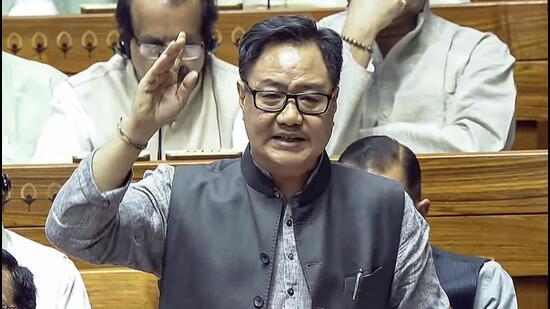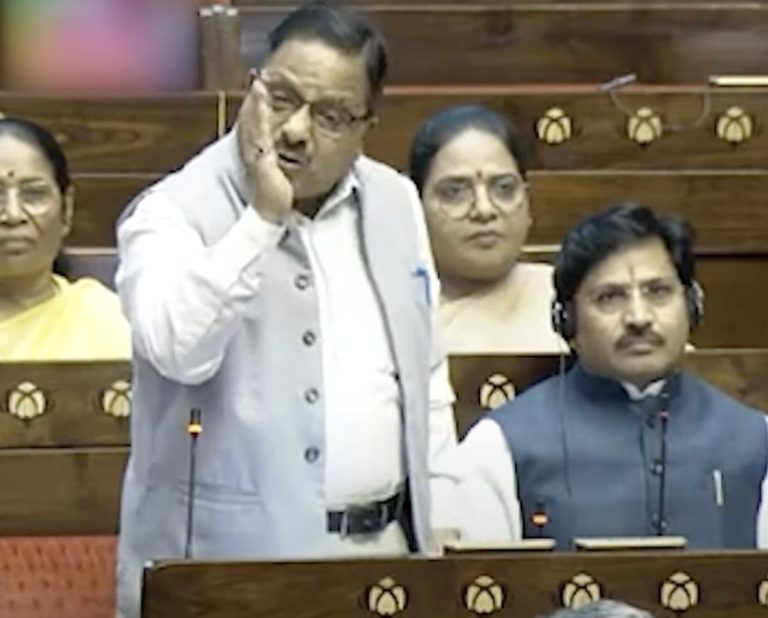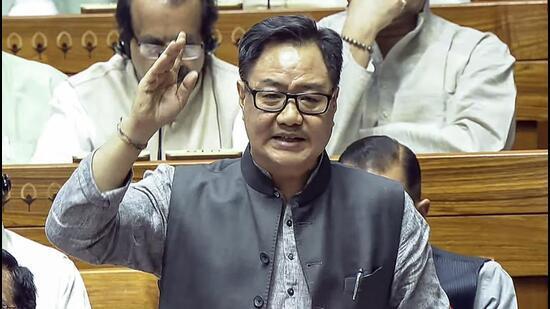
Should I Read Quran and Tell You What’s Written in It: BJP MP Radha Mohan Das on Waqf Bill
The discussion surrounding the Waqf Bill has sparked a heated debate in India, with many politicians and religious leaders weighing in on the issue. Recently, BJP MP Radha Mohan Das made a remark that has left many wondering about the significance of his words. During the discussion on the Waqf Bill, Das asked if he should read the Quran and tell what is written in it. The question was met with a mix of reactions, with some interpreting it as a provocative statement and others seeing it as a genuine inquiry. In this blog post, we will delve into the context of Das’s remark and explore what the Quran says about the matter.
For those who may not be familiar with the Waqf Bill, it is a proposed law aimed at reforming the Waqf Board, a trust that manages Islamic religious properties and endowments in India. The Bill seeks to increase transparency and accountability in the management of these properties, which are valued at over Rs 1 lakh crore. Critics of the Bill argue that it is an attempt to undermine the autonomy of the Waqf Board and impose Hindu-majority control over the properties.
Das’s remark was made in response to allegations that the Waqf Board has failed to maintain proper records of its properties and has been misusing the funds allocated for their maintenance. He asked if he should read the Quran and tell what is written in it, seemingly implying that the Quran has rules and regulations that the Waqf Board should follow. Specifically, he quoted the Quran as saying that even if one rupee is given to anyone, there should be a written record. He went on to say that the Waqf Board has many properties without a record, which is in violation of the Quranic rule.
Das’s comment has sparked a debate about the role of religion in politics and the extent to which religious texts should be invoked in public discourse. Some have argued that Das’s remark was an attempt to undermine the Waqf Board’s autonomy and impose Hindu-majority control over Islamic properties. Others have seen it as a genuine attempt to highlight the need for transparency and accountability in the management of Waqf properties.
So, what does the Quran say about records and accountability? A closer reading of the Quran reveals that it does indeed emphasize the importance of keeping records and being transparent in one’s dealings. In Surah Al-Tawbah, verse 112-113, the Quran says:
“And they shall come to you on the Day of Judgment, arrayed in their adornments, with their eyes downcast. They will be questioned: ‘What is the matter with you that you did not spend in the way of Allah, when the wealth was yours, till the end of the year?'”
This verse is often interpreted as emphasizing the importance of charitable giving and spending in the way of Allah. However, it also highlights the need for transparency and accountability in one’s financial dealings. The verse implies that individuals will be questioned about their expenditures at the Day of Judgment, and that they should keep records of their spending to justify their actions.
In another verse, Surah Al-Baqarah, verse 282, the Quran says:
“And when you write a contract, write it with clarity and understand well. And the term of payment is the term of payment. Fear Allah, your Lord, and abstain from the remainder of what is written. This is better for you, if you are believers.”
This verse emphasizes the importance of clarity and transparency in writing contracts and agreements. It suggests that individuals should be clear and specific in their agreements, and that they should be concerned about pleasing Allah in their dealings.
In light of these Quranic verses, Das’s remark can be seen as a genuine attempt to highlight the need for transparency and accountability in the management of Waqf properties. While some may have interpreted his comment as an attempt to undermine the Waqf Board’s autonomy, it is clear that he was referencing the Quranic emphasis on records and accountability.
The debate surrounding the Waqf Bill is complex and multifaceted, and Das’s remark is just one aspect of the larger conversation. While some may have disagreements with his interpretation of the Quran, it is clear that the Quran does emphasize the importance of transparency and accountability in one’s dealings. As we move forward with the discussion on the Waqf Bill, it is essential that we approach the issue with a nuanced understanding of the Quranic teachings and the complexities of the situation.
Source: https://www.youtube.com/watch



